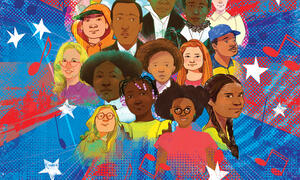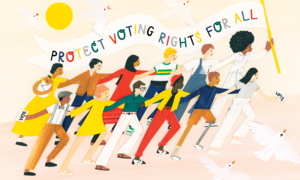article
‘Never Again’ Starts With Education

Mandating Holocaust education in U.S. public schools and simultaneously banning or censoring other “hard histories” is ineffective, disingenuous and further demonstrates the importance of teaching honest history.





